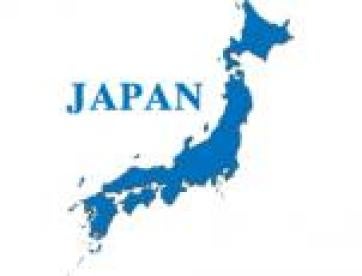Final text of the Regulations with respect to the Amendments promulgated has been released as well as the Response to the public comments.
On February 3, the Financial Services Agency of Japan (Japan FSA) promulgated the final form of the Enforcement Orders, Cabinet Ordinances, and Supervisory Guidelines in connection with amendments (Amendments) to the Special Business Activities for Qualified Institutional Investors (the Article 63 Exemption) as set forth under Article 63 of the Financial Instruments and Exchange Act of Japan. In addition, the Japan FSA circulated its responses (Responses) to the public comments that it received regarding the proposed amendments to the Article 63 Exemption.
This LawFlash is the third in a series of alerts that we will issue regarding the Amendments and Responses. The Responses that the Japan FSA issued are extensive (comprising 145 pages of nuanced commentary) and cover a wide range of both legal and practical changes related to the Amendments’ implementation. The series of LawFlashes is intended to cover the topics that we believe are of immediate interest to clients located in foreign jurisdictions.
The Japan Representative
Among other important matters covered in the Responses, the Japan FSA provided further information about the requirement that offshore filers under the Article 63 Exemption (Article 63 Exemption Operators) maintain a “Japan representative.” This issue has been a source of great concern to many offshore fund managers that have relied on Article 63 Exemption to engage in both their “self-offering” and “self-management” activities with respect to Japan investors.
Concerning the Japan representative, the Japan FSA commented that offshore Article 63 Exemption Operators will be expected to have a Japan representative that is responsible for proper and efficient communications with Japan regulators. The Japan FSA noted, however, that it will not be necessary for the offshore Article 63 Exemption Operators to establish a physical presence or situate personnel in Japan. Thus, as long as the regulators can immediately and adequately communicate with an offshore Article 63 Exemption Operator through such Japan representative, any person who is a resident in Japan may serve as the Japan representative for the offshore Article 63 Exemption Operator.
The Responses also noted that appropriate professional service providers, such as lawyers and certified public accountants, as well as affiliated companies with presences in Japan, financial instruments, business operators, independent advisers, and translators may be appointed to serve as a Japan representative of the offshore Article 63 Exemption Operator.
March 1, 2016 Effective Date
According to the Japan FSA, the Amendments will take effect on March 1, 2016, and any new applicants filing under the Article 63 Exemption subsequent to March 1, 2016, and any existing Article 63 Exemption Operator that starts solicitation on or subsequent to March 1, 2016, must do so under the new regime. Existing Article 63 Exemption Operators can continuously provide self-management services to existing clients. However, please note that, with respect to those Article 63 Exemption Operators that have filed prior to March 1, 2016, there is a grace period lasting until September 1, 2016, in which Article 63 Exemption Operators must supplement any existing notifications with respect to the additional information required by the Amendments.




 i
i

